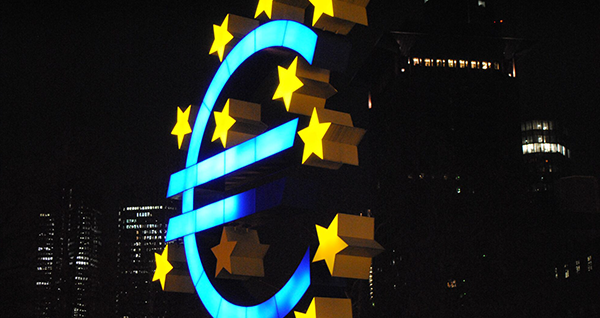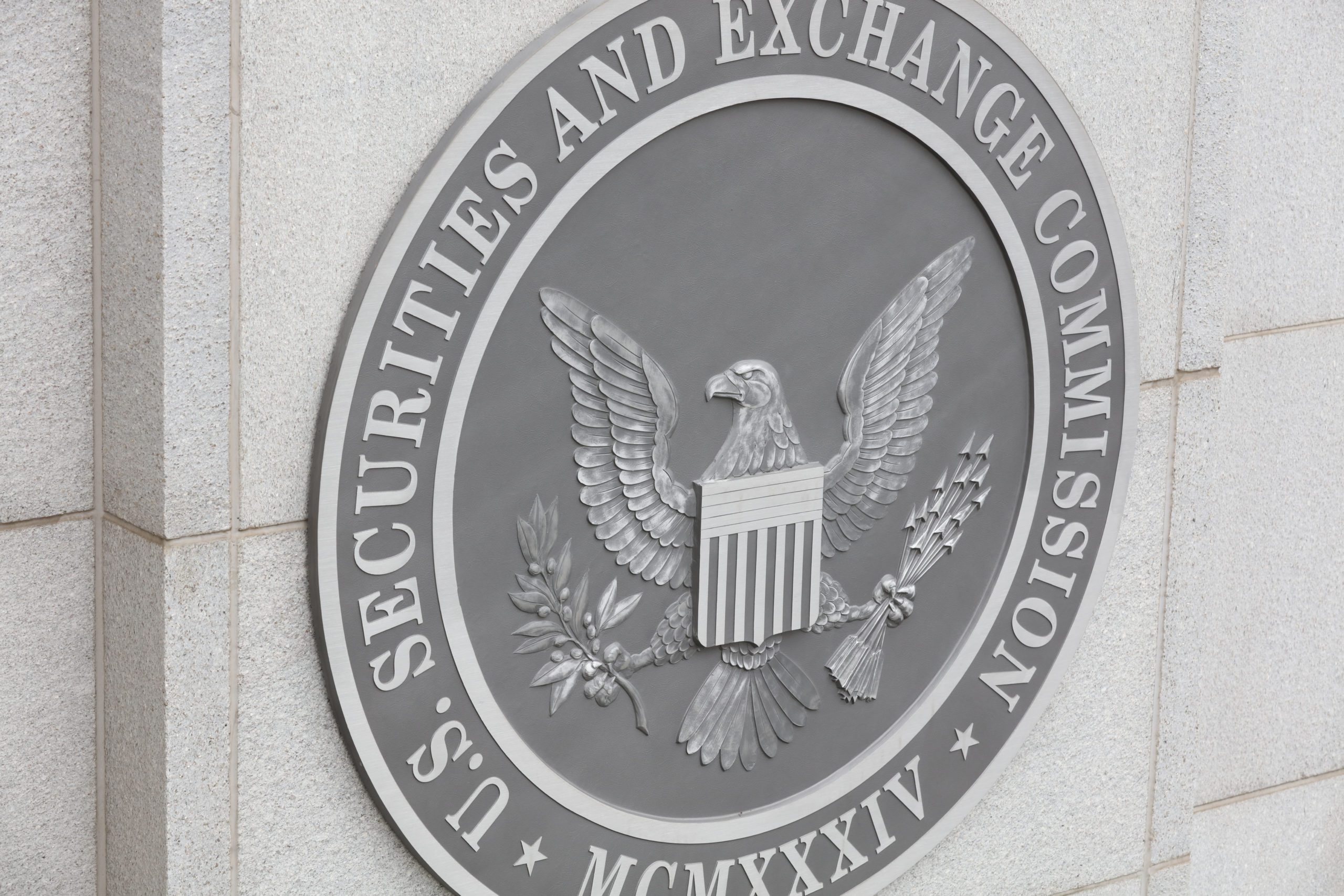By Dan Byrne
Several nations are increasing pressure on the EU to remove them from a money laundering ‘blacklist’, with one claiming that being included on it will be disastrous for their economy.
The ‘blacklist’ in question is an initiative of the European Commission, naming countries deemed to pose a financial risk to the EU because they fall short of meeting the bloc’s standards in combatting money laundering.
Any country which appears on the list must follow stricter regulations in monitoring transactions. They are also at risk of being excluded from EU funds.
Ambassador to the EU Samuel Outlule – from Botswana, one of the countries on the list – has said that the inclusion of his country during the uncertain economic climate of the pandemic is, “tantamount to effectively destroying the economy of Botswana.”
“We had hoped, and still hope, that the spirit of partnership would prevail and cause us to work constructively with the EU,” Outlule told EURACTIV news. “Rather than one party taking unilateral, punitive actions against the other.”
Outlule told EURACTIV that his government had submitted relevant materials to the Financial Action Task Force in early 2020, but the pandemic has delayed further action since then, during which time the EU moved to blacklist Botswana without any discussion or feedback.
The African Caribbean and Pacific community has echoed criticisms of the unilateral process, claiming that the EU does not consult with relevant nations before important decisions are made.
Meanwhile, several African finance ministers pointed out the alleged hypocrisy of the initiative and claimed that the EU has done little to police its multinationals in their engagements with African markets.
Financial Times’ Caribbean economic advisor Marla Dukharan has criticised what she perceives as racist undertones to the list. She considers it a way for European countries to discriminate against smaller, mostly non-white nations and make it harder for them to compete.
Being removed from the list means being fully complicit with the EU’s stringent money-laundering laws and making public any information on beneficial ownership of companies and trusts.
20 countries are currently listed: eight in Asia, six in the Caribbean region, five in Africa, and one in Oceania.
A decision on inclusion/exclusion for several countries is expected from the EU in October.
Share this on:
Follow us on:











